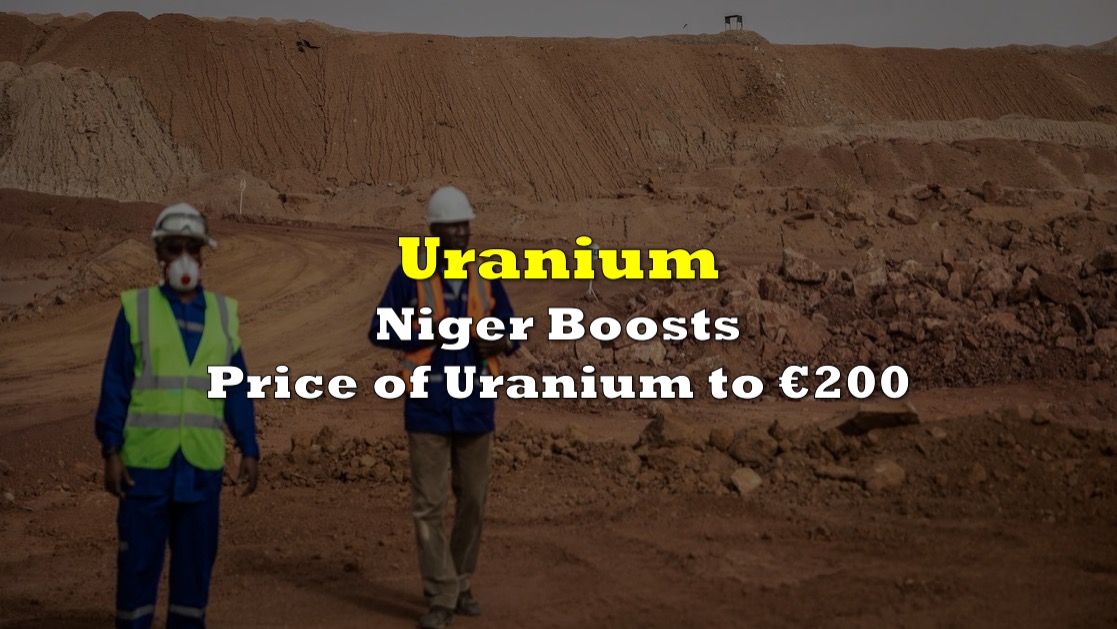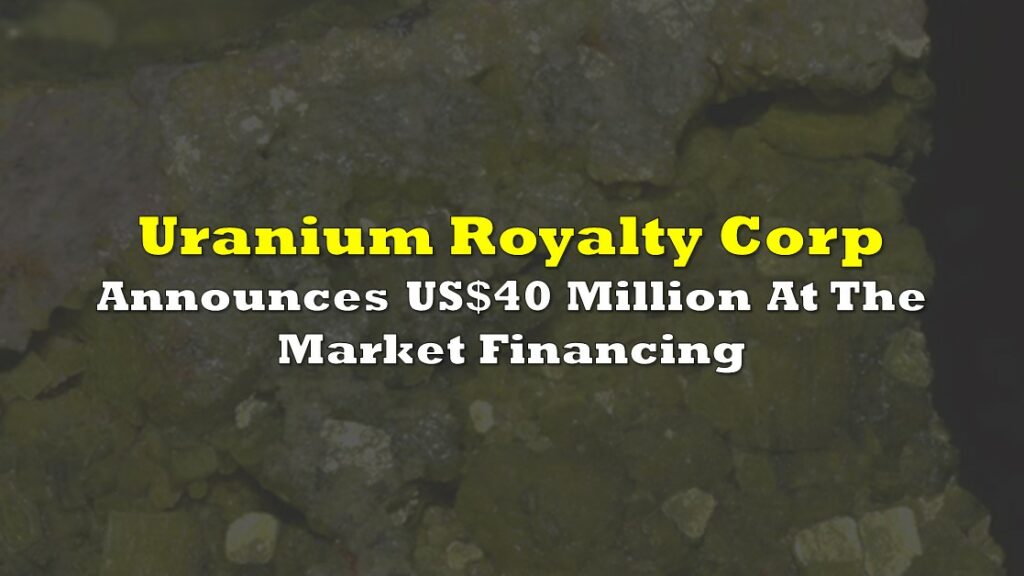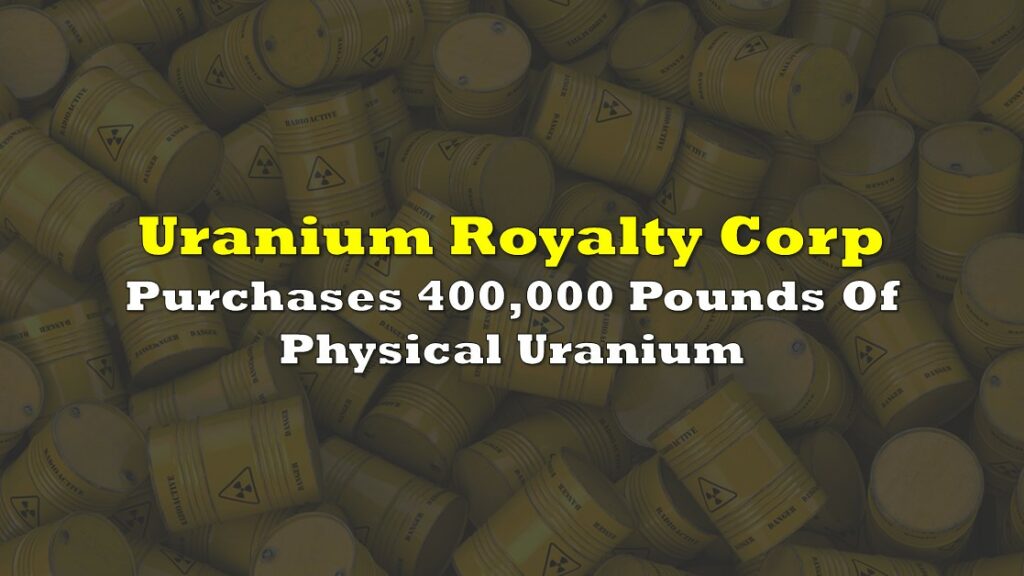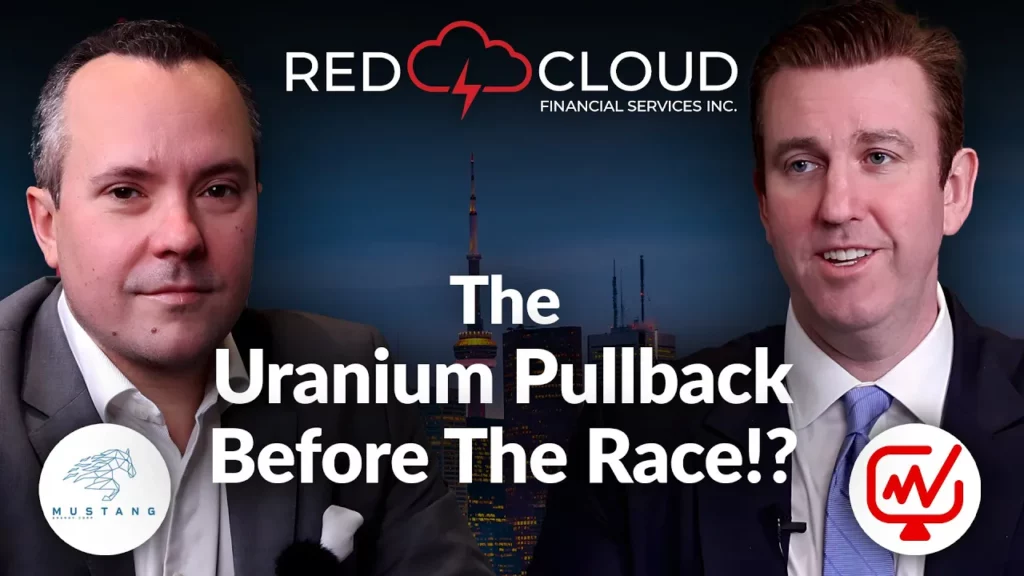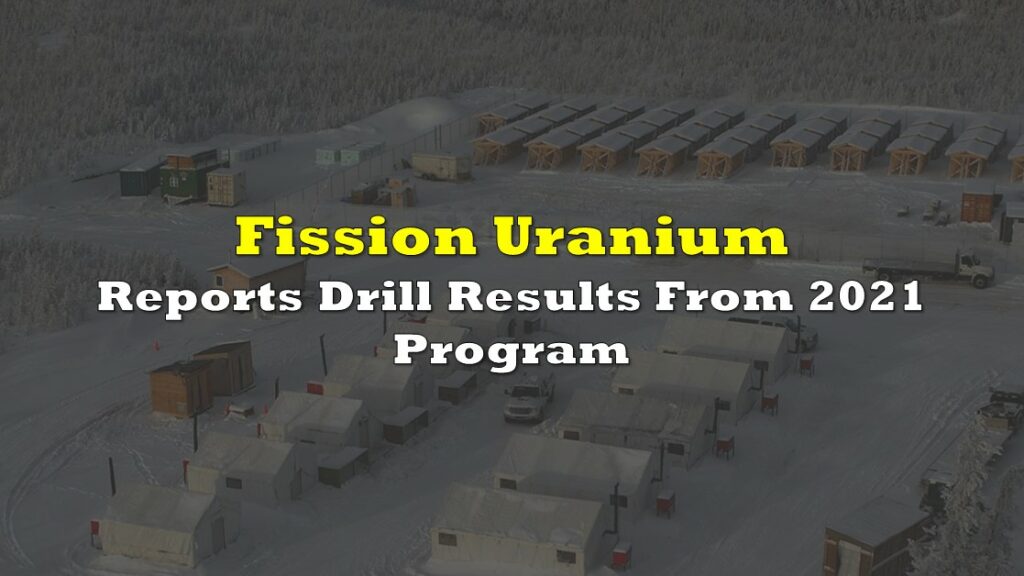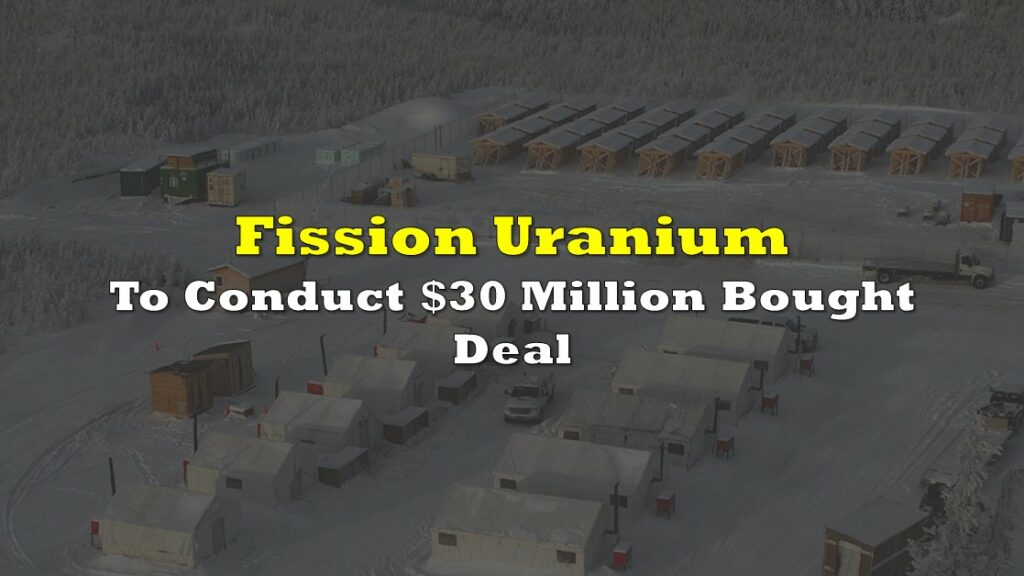Niger, a major player in the global uranium market, has taken a bold step by raising the price of uranium from €0.80/kg to €200/kg, a move that carries profound implications for the country’s economy, international relations, and the global uranium market.
Historically, France has held a dominant position as Niger’s primary uranium buyer and has exerted considerable influence over uranium pricing in the region. Prior to the price increase, France set the rate at €0.80 per kilogram of uranium, significantly lower than the global market value, with uranium from other countries, such as Canada, commanding a similar price of €200/kg.
Why the increase?
Niger’s decision to align uranium prices with global standards is a pragmatic economic maneuver, according to Nigerian-based news platform The Spectacles. This adjustment promises substantial revenue growth for Niger, enabling investments in crucial infrastructure projects and social development initiatives. Furthermore, it ensures that Niger receives a more equitable share of the profits generated from its uranium resources.
By bringing uranium prices in line with international rates, Niger secures a fair valuation for its uranium resources. The previous price of €0.80/kg significantly undervalued the resource and did not reflect its true worth on the global stage, the platform added.
France, a significant consumer of Nigerien uranium, may express concerns about this price hike. However, the online news platform also said this presents an opportunity for France to engage in negotiations for fairer terms and establish a “more balanced relationship with Niger in the long run.”
Notably, France is said to rely on Niger’s uranium for 20% of its nuclear power, and in 2022 the nation imported 1,440 tonnes of the yellow metal from Niger, which is more than half of the 2,020 tonnes produced by the country last year. Based on a figure of €0.80 per kilogram, the nation is estimated to have paid roughly €1.2 million for the raw material. Under the new pricing, that figure would jump to €288.0 million.
Niger’s decision to harmonize uranium prices with global standards has the potential to send ripples through the global uranium market. It could influence pricing strategies and negotiations in other uranium-rich nations, setting a precedent for fairer pricing practices.
The strained relationship between Niger and France, the nation’s former colonial ruler, has been exacerbated since the military coup that took place in July, resulting in the removal of President Mohamed Bazoum. French President Emmanuel Macron has unequivocally condemned the coup, viewing it as a regional threat with broader implications.
Following the international sanctions imposed against the military junta in Niger, French nuclear group Orano SA announced the suspension of uranium ore processing at one of its facilities in the African nation.
As a result, the utility firm may find itself increasingly reliant on alternative uranium producers, such as Kazakhstan, Canada, and Australia.
Information for this briefing was found via The Spectacles and the sources mentioned. The author has no securities or affiliations related to this organization. Not a recommendation to buy or sell. Always do additional research and consult a professional before purchasing a security. The author holds no licenses.

